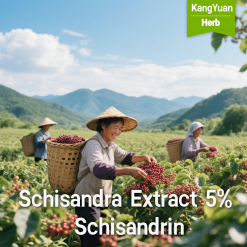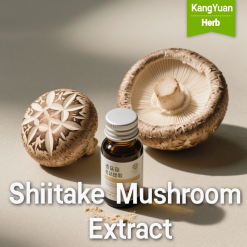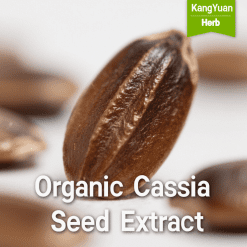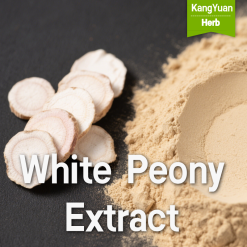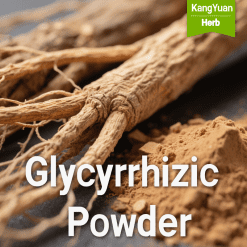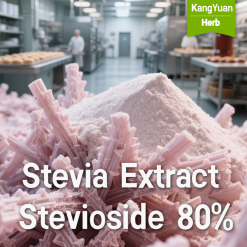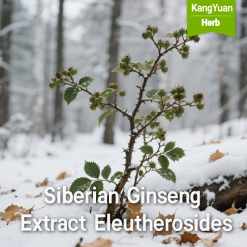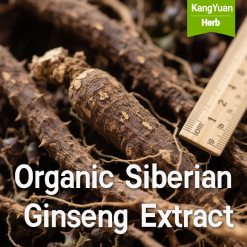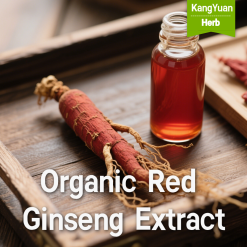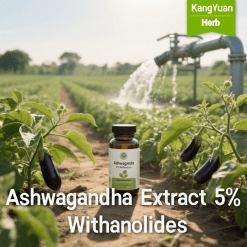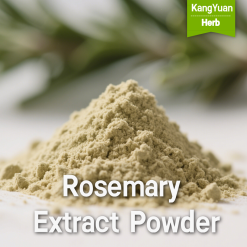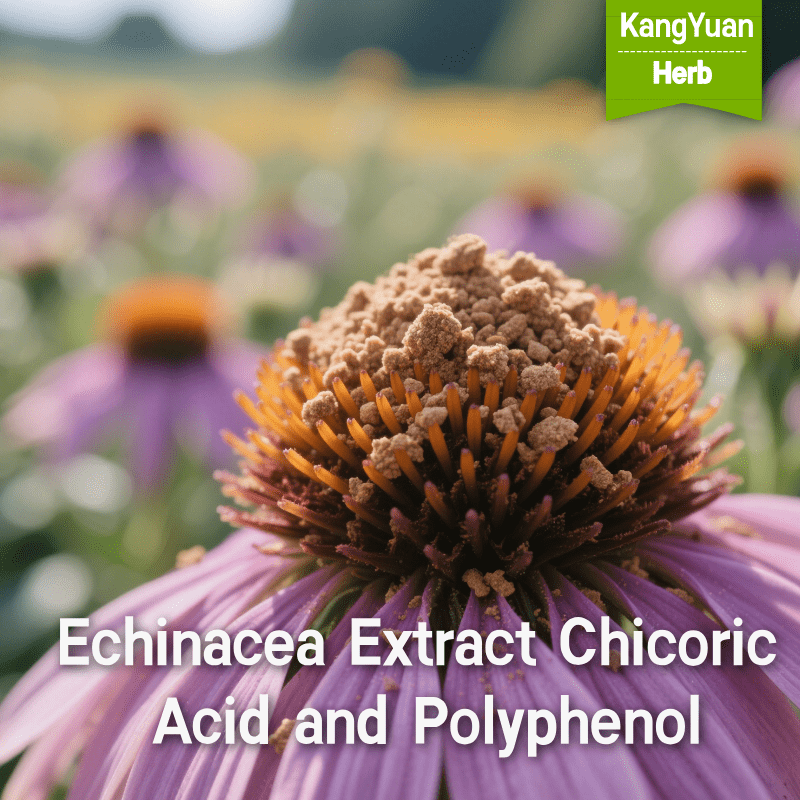
Echinacea extract botanical origin is a genus of herbaceous flowering plants in the daisy family – Asteraceae. Resembling a black-eyed Susan or purple coneflower is a North American perennial that is indigenous to the central plains where it grows on road banks, prairies, fields and in dry, open woods. It is also known as the American coneflower. Echinacea has a variety of design and color, with high ornamental value, also can be used as medicine. Echinacea is a very popular herb, especially for the treatment of flu and colds.
faq
Echinacea Extract FAQ
- ●
What is Echinacea Extract Powder?
Echinacea Extract Powder is a concentrated botanical ingredient derived from Echinacea plants, most commonly from the aerial parts or roots of Echinacea purpurea. It is processed to standardize key bioactive compounds like Polyphenols, including Chicoric Acid, which are associated with its immune-supporting properties. - ●
What are Polyphenols and Chicoric Acid in Echinacea?
Polyphenols are a broad group of plant compounds known for their antioxidant activities. In Echinacea, key polyphenols include Chicoric Acid, Caftaric Acid, and Cynarin. Chicoric Acid is a significant caffeic acid derivative studied for its immune-modulating and antiviral potential. Alkylamides and Polysaccharides also contribute to Echinacea’s effects but are distinct from these polyphenols. - ●
How is your Echinacea Extract standardized for Polyphenols and Chicoric Acid?
Our Echinacea Extract is typically standardized to ensure consistent potency. Common specifications include a minimum percentage of Total Polyphenols (e.g., 4% by UV or HPLC) and/or a specific minimum percentage of Chicoric Acid (e.g., 1%, 2%, 4% by HPLC). Please refer to the specific grade’s COA. - ●
How are Polyphenol and Chicoric Acid levels verified?
The content of Chicoric Acid and other specific polyphenols is accurately quantified using High-Performance Liquid Chromatography (HPLC). Total Polyphenols may be measured by HPLC or UV-Vis spectrophotometry (often using a gallic acid or chicoric acid equivalent). These verified results are detailed on the Certificate of Analysis (COA). - ●
What species of Echinacea (e.g., E. purpurea, E. angustifolia) is used?
We commonly use Echinacea purpurea for our extracts standardized for Polyphenols and Chicoric Acid, as it’s a well-researched species. However, other species like Echinacea angustifolia or Echinacea pallida may be used for extracts focusing on different marker compounds (like Echinacoside or Alkylamides). The specific species used is documented. - ●
What parts of the Echinacea plant are used for extraction?
For extracts rich in Polyphenols and Chicoric Acid, the aerial parts (leaves, stems, flowers) of Echinacea purpurea are typically used. Root extracts are often preferred for alkylamide concentration. - ●
What are the main B2B applications for Echinacea Extract Powder?
Echinacea Extract is primarily used in dietary supplements (capsules, tablets, liquids, lozenges, teas) for immune system support, particularly for seasonal wellness and common cold/flu symptom relief. It’s also found in some functional foods and beverages. - ●
Is your Echinacea Extract tested for contaminants (heavy metals, pesticides)?
Yes, comprehensive quality control is vital. Each batch is rigorously tested for heavy metals (Lead, Arsenic, Cadmium, Mercury), pesticide residues, microbial contamination (TPC, Yeast/Mold, E. coli, Salmonella), and residual solvents to ensure safety and regulatory compliance. - ●
Is the manufacturing facility GMP certified?
Yes, our Echinacea Extract Powder is produced in facilities that adhere to Good Manufacturing Practices (GMP), ensuring consistent quality, safety, and traceability. - ●
Do you offer certified Organic Echinacea Extract?
Yes, we can often supply certified Organic Echinacea Extract Powder, sourced from organically cultivated Echinacea plants and processed according to organic standards. Please specify your requirement for the organic grade. - ●
Are Halal or Kosher certifications available?
Availability of Halal and/or Kosher certifications for our Echinacea Extract can vary. Please inquire with our sales team about the current certification status for the specific batch or grade you need. - ●
What are the storage recommendations and typical shelf life?
Store the powder in a cool (below 25°C), dry place, protected from direct sunlight and moisture, in its original tightly sealed container. Phenolic compounds are best preserved this way. Typical shelf life is 24-36 months under proper storage. - ●
What is the appearance, taste, and solubility of the powder?
Echinacea Extract Powder is typically fine and ranges in color from greenish-brown to dark brown. It has a characteristic herbal aroma and a slightly bitter, sometimes tingling taste (especially if alkylamides are present). Solubility varies; polyphenolic extracts generally have some water solubility. - ●
Is this Echinacea Extract suitable for vegan/vegetarian formulations?
Yes, being derived solely from the Echinacea plant and processed without animal-derived ingredients, our extract is fully suitable for vegan and vegetarian products. - ●
What technical documentation (COA, Spec Sheet) is provided?
We provide comprehensive technical documentation for B2B clients, including Certificates of Analysis (COA with HPLC/UV results for Chicoric Acid/Polyphenols), Specification Sheets, MSDS, Allergen Statements, and relevant certifications (GMP, Organic, Halal, Kosher if applicable). - ●
Are samples available for formulation and quality testing?
Yes, samples of our Echinacea Extract Powder, standardized for Chicoric Acid and/or Polyphenols, are available for qualified B2B customers for evaluation. Please contact our sales department to request samples. - ●
What is the Minimum Order Quantity (MOQ) for bulk Echinacea Extract?
Our standard Minimum Order Quantity (MOQ) for bulk Echinacea Extract Powder is typically 25 kg. Please discuss your specific volume requirements and standardization needs with our sales team.



